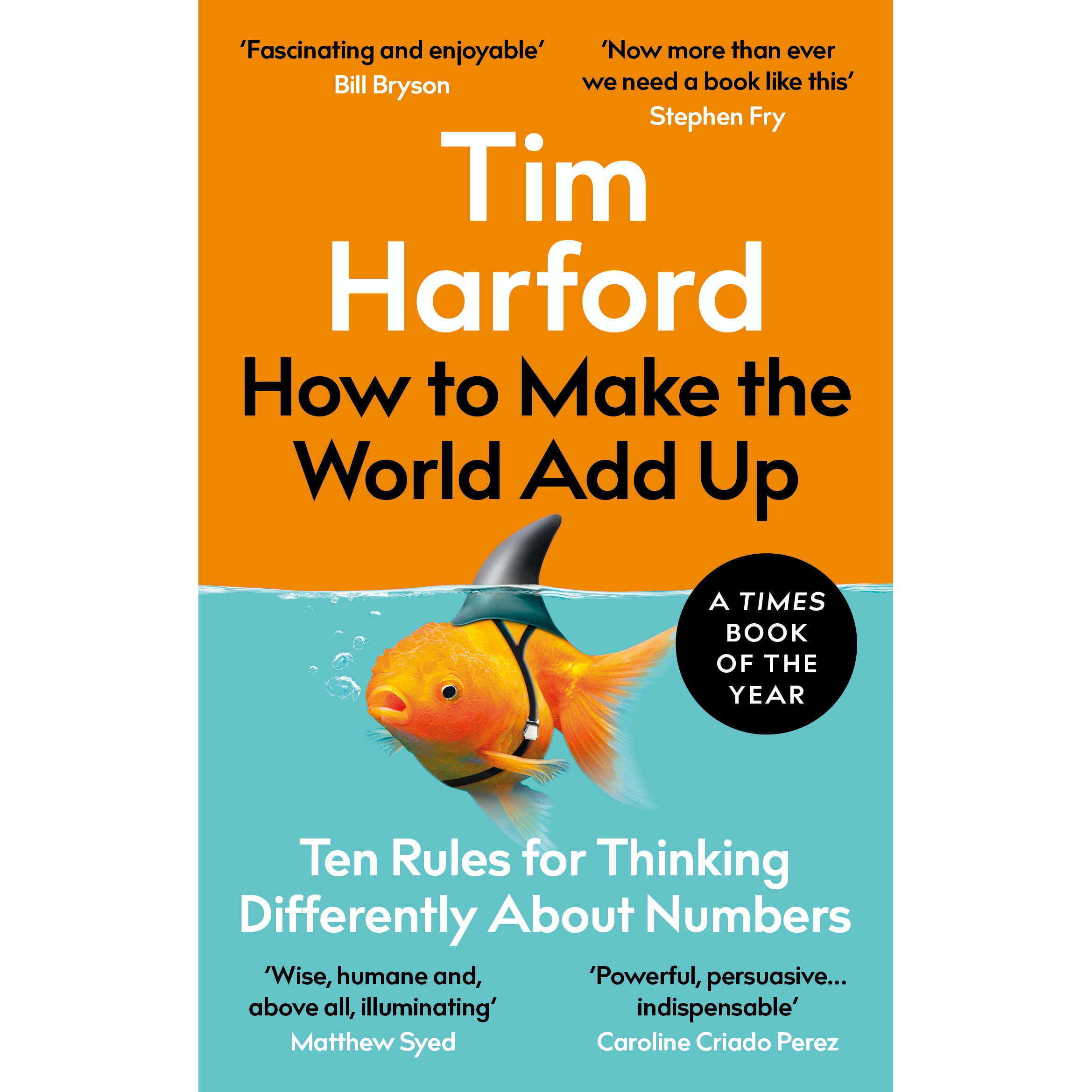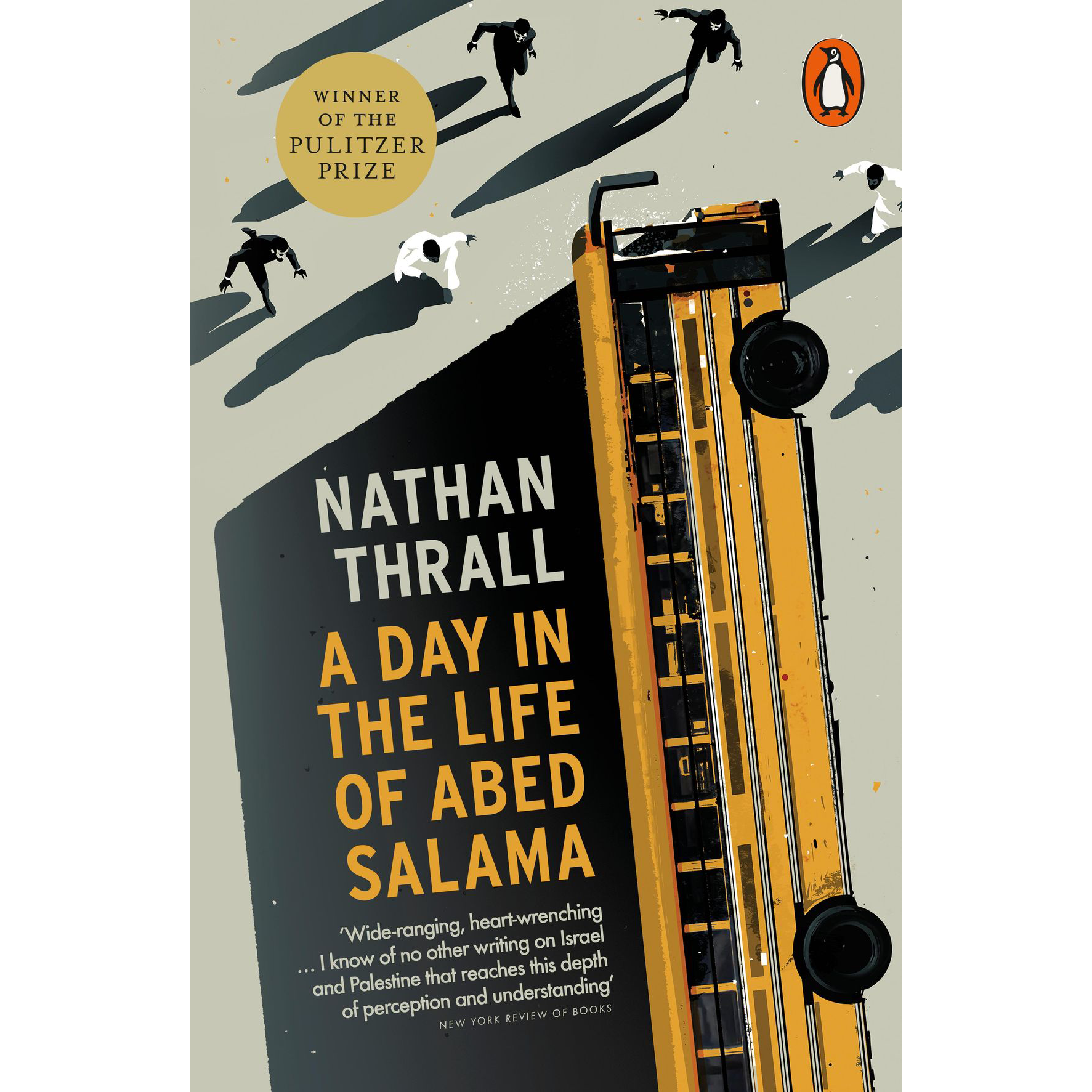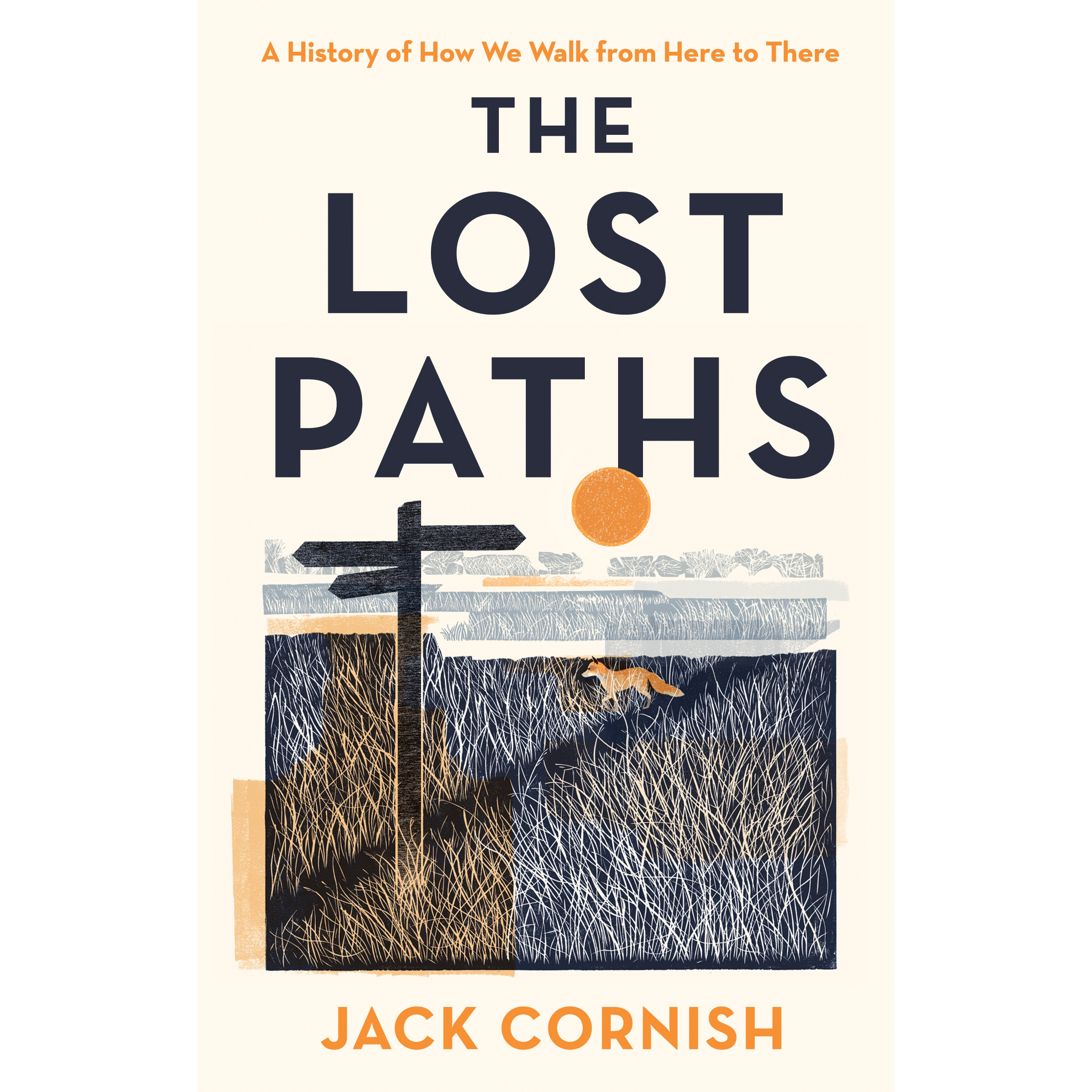How to Make the World Add Up
How to Make the World Add Up: Ten Rules for Thinking Differently About Numbers | By Tim Harford
Factfulness meets How to Be Right in this major new book from globally bestselling economist.
When was the last time you read a grand statement, accompanied by a large number, and wondered whether it could really be true? Statistics are vital in helping us tell stories - we see them in the papers, on social media, and we hear them used in everyday conversation - and yet we doubt them more than ever. But numbers - in the right hands - have the power to change the world for the better.
Contrary to popular belief, good statistics are not a trick, although they are a kind of magic. Good statistics are not smoke and mirrors; in fact, they help us see more clearly. Good statistics are like a telescope for an astronomer, a microscope for a bacteriologist, or an X-ray for a radiologist.
If we are willing to let them, good statistics help us see things about the world around us and about ourselves - both large and small - that we would not be able to see in any other way. In How to Make the World Add Up, Tim Harford draws on his experience as both an economist and presenter of the BBC's radio show 'More or Less'. He takes us deep into the world of disinformation and obfuscation, bad research and misplaced motivation to find those priceless jewels of data and analysis that make communicating with numbers worthwhile.
Harford's characters range from the art forger who conned the Nazis to the stripper who fell in love with the most powerful congressman in Washington, to famous data detectives such as John Maynard Keynes, Daniel Kahneman and Florence Nightingale. He reveals how we can evaluate the claims that surround us with confidence, curiosity and a healthy level of scepticism. Using ten simple rules for understanding numbers - plus one golden rule - this extraordinarily insightful book shows how if we keep our wits about us, thinking carefully about the way numbers are sourced and presented, we can look around us and see with crystal clarity how the world adds up.
How to Make the World Add Up: Ten Rules for Thinking Differently About Numbers | By Tim Harford
Factfulness meets How to Be Right in this major new book from globally bestselling economist.
When was the last time you read a grand statement, accompanied by a large number, and wondered whether it could really be true? Statistics are vital in helping us tell stories - we see them in the papers, on social media, and we hear them used in everyday conversation - and yet we doubt them more than ever. But numbers - in the right hands - have the power to change the world for the better.
Contrary to popular belief, good statistics are not a trick, although they are a kind of magic. Good statistics are not smoke and mirrors; in fact, they help us see more clearly. Good statistics are like a telescope for an astronomer, a microscope for a bacteriologist, or an X-ray for a radiologist.
If we are willing to let them, good statistics help us see things about the world around us and about ourselves - both large and small - that we would not be able to see in any other way. In How to Make the World Add Up, Tim Harford draws on his experience as both an economist and presenter of the BBC's radio show 'More or Less'. He takes us deep into the world of disinformation and obfuscation, bad research and misplaced motivation to find those priceless jewels of data and analysis that make communicating with numbers worthwhile.
Harford's characters range from the art forger who conned the Nazis to the stripper who fell in love with the most powerful congressman in Washington, to famous data detectives such as John Maynard Keynes, Daniel Kahneman and Florence Nightingale. He reveals how we can evaluate the claims that surround us with confidence, curiosity and a healthy level of scepticism. Using ten simple rules for understanding numbers - plus one golden rule - this extraordinarily insightful book shows how if we keep our wits about us, thinking carefully about the way numbers are sourced and presented, we can look around us and see with crystal clarity how the world adds up.
How to Make the World Add Up: Ten Rules for Thinking Differently About Numbers | By Tim Harford
Factfulness meets How to Be Right in this major new book from globally bestselling economist.
When was the last time you read a grand statement, accompanied by a large number, and wondered whether it could really be true? Statistics are vital in helping us tell stories - we see them in the papers, on social media, and we hear them used in everyday conversation - and yet we doubt them more than ever. But numbers - in the right hands - have the power to change the world for the better.
Contrary to popular belief, good statistics are not a trick, although they are a kind of magic. Good statistics are not smoke and mirrors; in fact, they help us see more clearly. Good statistics are like a telescope for an astronomer, a microscope for a bacteriologist, or an X-ray for a radiologist.
If we are willing to let them, good statistics help us see things about the world around us and about ourselves - both large and small - that we would not be able to see in any other way. In How to Make the World Add Up, Tim Harford draws on his experience as both an economist and presenter of the BBC's radio show 'More or Less'. He takes us deep into the world of disinformation and obfuscation, bad research and misplaced motivation to find those priceless jewels of data and analysis that make communicating with numbers worthwhile.
Harford's characters range from the art forger who conned the Nazis to the stripper who fell in love with the most powerful congressman in Washington, to famous data detectives such as John Maynard Keynes, Daniel Kahneman and Florence Nightingale. He reveals how we can evaluate the claims that surround us with confidence, curiosity and a healthy level of scepticism. Using ten simple rules for understanding numbers - plus one golden rule - this extraordinarily insightful book shows how if we keep our wits about us, thinking carefully about the way numbers are sourced and presented, we can look around us and see with crystal clarity how the world adds up.






